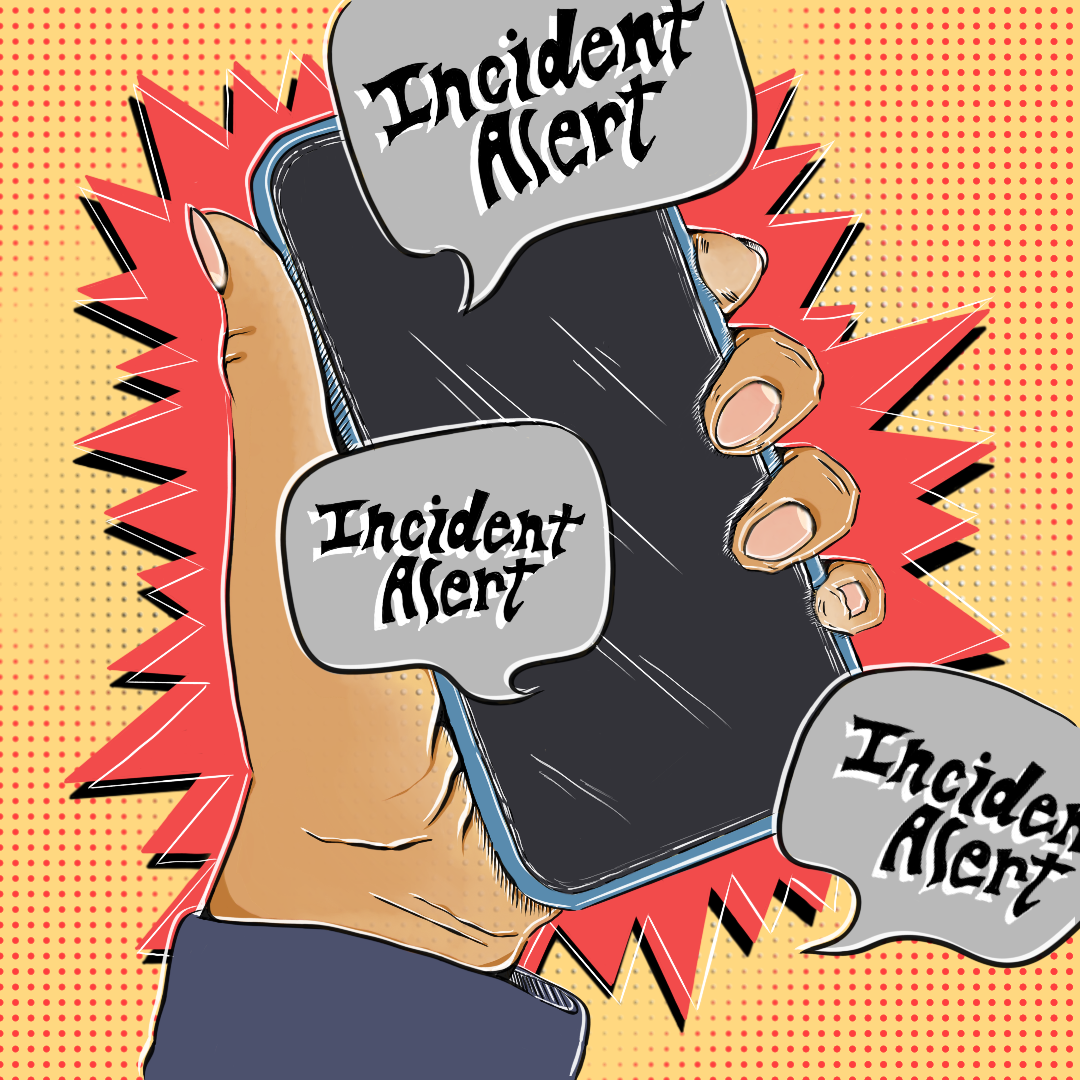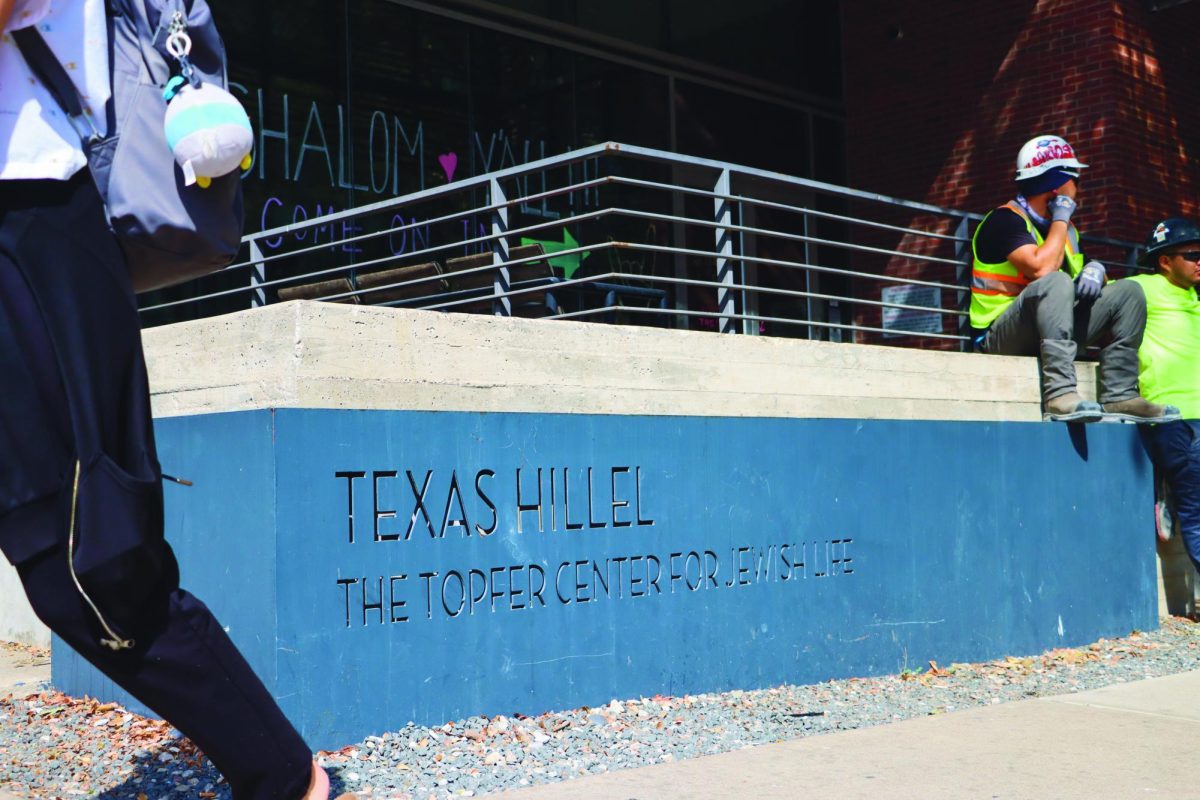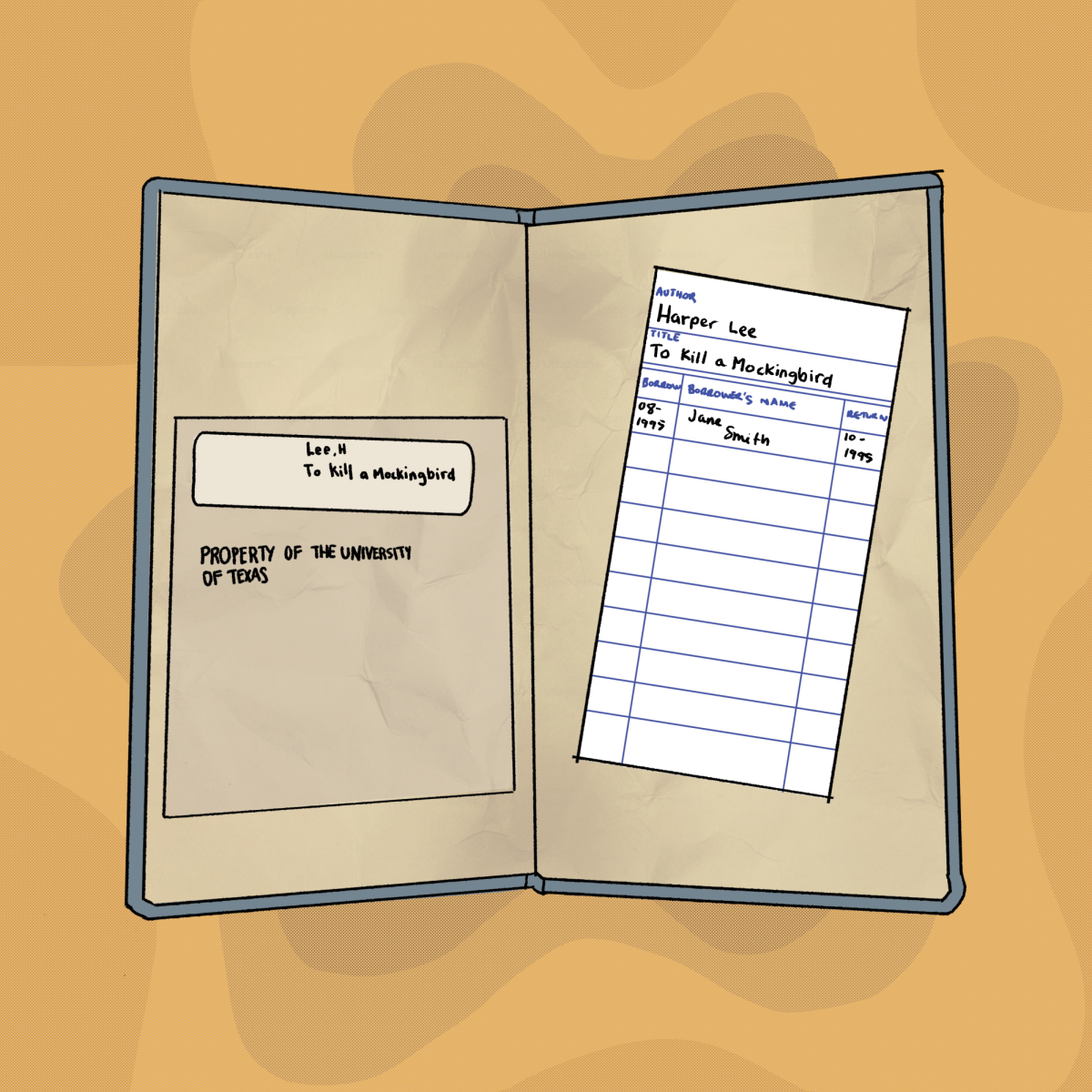English sophomore Maddox Michener’s West Campus apartment on the night of Feb. 4, he watched police cars pile up on the street but did not receive any official information until morning.
“Someone was stabbed right behind us, and we didn’t hear anything of it until (the next day),” Michener said.
The incident happened around 7 p.m. The UT Police Department sent out an official notification 12 hours later.
UTPD has sent out around 12 incident notifications in the last six months,
according to incident posts on social media, in continuing compliance with the Clery Act, a regulation requiring institutions partaking in federal financial aid programs to disclose crime information from their campuses.
Some crimes are only required to be reported if they are Clery Act Offenses, which include criminal offenses, hate crimes, arrests and referrals or Violence Against Women Act offenses, according to the University Risk and Compliance website. Additionally, crimes must fall under Clery Geography, which includes UT property and property owned by recognized student organizations.
There are two types of incident alerts: emergency alerts and timely warnings, said Stephanie Jacksis, director of communications and marketing at UTPD. Emergency alerts are sent if there is an immediate or credible threat to campus and include follow-up actions, such as avoiding the area or evacuating, she said. Timely warnings are sent to inform the community of an incident when there is no threat.
UTPD sometimes sends alerts to dispel misinformation even if it isn’t required by the Clery Act, Jacksis said.
Some students feel the alert system has room for improvement. Maddy Lupold, a radio-television-film senior, said the alerts make her feel safer but are often unspecific or sent out too late, generating rumors among students.
“There’s always going to be rumors because this is a college campus,” Lupold said. “If people collectively had a base set of facts to go off of, that would at least stop some hysteria around campus and at least increase the feeling of safety.”
Michener wishes the alerts were more timely and said he often hears about serious incidents before any alerts are sent out.
“I understand (UTPD doesn’t) want to cause a panic, but at the same time it’d be nice to know (about) a situation a little bit,” Michener said.
Jacksis said isolated incidents generally pose no immediate threat to campus and don’t warrant an alert. Additionally, she said West Campus incidents fall under the Austin Police Department’s jurisdiction, meaning they are not required to be reported by the Clery Act.
In West Campus, the University only owns 2400 Nueces, San Antonio Garage and Walter Webb Hall, where UTPD West is located, Jacksis said.
Economics sophomore Harlin Dean said the alert system is a good idea, but there are issues with its execution. He said he wishes the alerts included more transparency.
“I would like to be a little bit more informed about the nature of what happened and where it was, so I can avoid that area,” Dean said. “(Austin) is a dangerous place sometimes and being aware of what’s going on certainly makes people feel more comfortable.”
Editor’s Note: This story was updated to clarify the scope of the Clery Act and the immediacy of threats to campus. The Texan regrets this error.




















